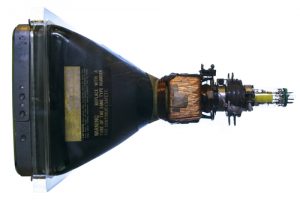 Three million pounds of CRT materials sit stockpiled in an Arizona warehouse formerly used by Dow Management, and the current property owner wants upstream generators of the material to pay for its cleanup.
Three million pounds of CRT materials sit stockpiled in an Arizona warehouse formerly used by Dow Management, and the current property owner wants upstream generators of the material to pay for its cleanup.

 Three million pounds of CRT materials sit stockpiled in an Arizona warehouse formerly used by Dow Management, and the current property owner wants upstream generators of the material to pay for its cleanup.
Three million pounds of CRT materials sit stockpiled in an Arizona warehouse formerly used by Dow Management, and the current property owner wants upstream generators of the material to pay for its cleanup.
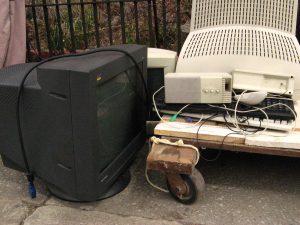 An initiative in Europe will work to overcome obstacles to the closed-loop recycling of plastics from electronics and appliances.
An initiative in Europe will work to overcome obstacles to the closed-loop recycling of plastics from electronics and appliances.
 A company that manages mobile phone take-back programs has invested more than $1 million in a new processing site and plans to hire hundreds of workers in the coming months.
A company that manages mobile phone take-back programs has invested more than $1 million in a new processing site and plans to hire hundreds of workers in the coming months.
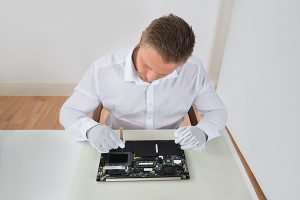 The average resale price for desktop computers and laptops has grown over the past two and a half years, according to a report by a prominent ITAD company.
The average resale price for desktop computers and laptops has grown over the past two and a half years, according to a report by a prominent ITAD company.
Continue Reading
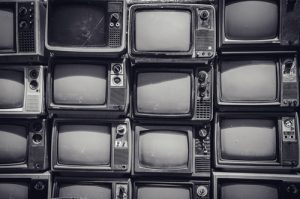
State and federal regulators are putting pressure on an Iowa CRT processor they say has illegally stockpiled glass and allowed lead to contaminate the ground.
Continue Reading

CRTs stockpiled in a eWaste Tech warehouse in Richmond, Va.
A property owner and public waste authority are at odds over a CRT stockpile in Richmond, Va. Meanwhile, the U.S. EPA has been asked to get involved.
 The former leaders of CRT outlet Closed Loop Refining and Recovery have been directed by a court to pay more than $18 million for breaking the lease at the company’s Columbus, Ohio headquarters and leaving behind more than 100 million pounds of CRT glass.
The former leaders of CRT outlet Closed Loop Refining and Recovery have been directed by a court to pay more than $18 million for breaking the lease at the company’s Columbus, Ohio headquarters and leaving behind more than 100 million pounds of CRT glass.
![]() The EPEAT sustainable electronics program now includes mobile phones, providing assurance to buyers that the qualifying devices meet certain standards for end-of-life management.
The EPEAT sustainable electronics program now includes mobile phones, providing assurance to buyers that the qualifying devices meet certain standards for end-of-life management.
 Global e-commerce site eBay is honoring a California woman who immigrated from Colombia with nothing more than a suitcase and later co-founded a successful e-scrap company.
Global e-commerce site eBay is honoring a California woman who immigrated from Colombia with nothing more than a suitcase and later co-founded a successful e-scrap company.
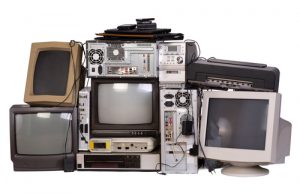 An initiative funded by the federal government could help solve a key materials recovery issue in e-scrap.
An initiative funded by the federal government could help solve a key materials recovery issue in e-scrap.
